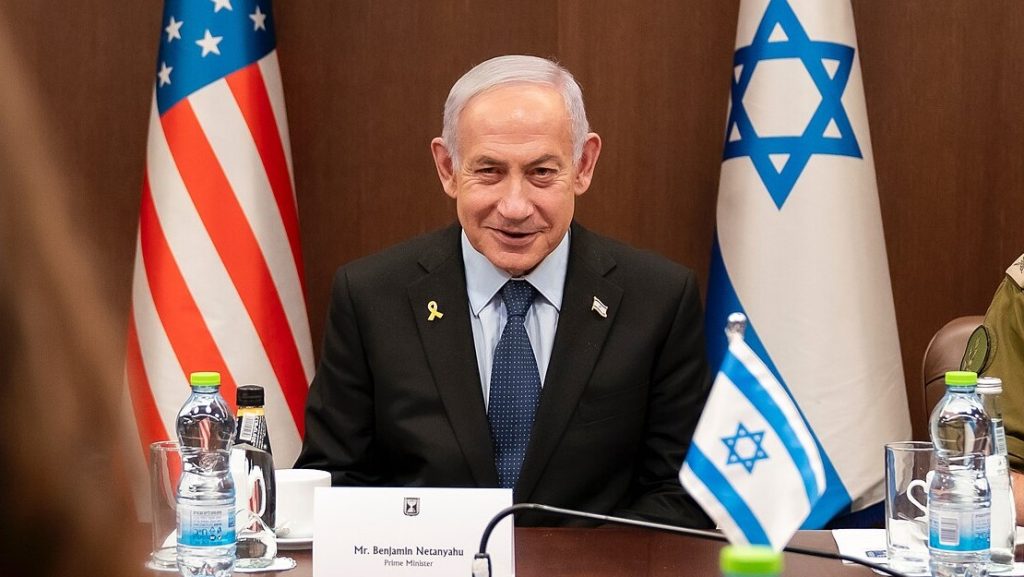Hopes for peace between Israel and Iran were dashed within hours of a U.S.-brokered ceasefire, as conflicting reports and renewed strikes reignite fears of wider war.
Others are reading now
The ink was barely dry on a ceasefire announcement before missiles were flying again.
A mere few hours after Donald Trump declared a truce between Israel and Iran, reports of new Israeli strikes on Tehran have plunged the region back into chaos.
With each side offering contradictory accounts, the fragile deal now hangs by a thread—raising new fears of a prolonged and unpredictable conflict.
Ceasefire Crumbles Amid Conflicting Claims
Just hours after former U.S. President Donald Trump declared a “complete and total ceasefire” between Israel and Iran, the fragile agreement began to unravel.
Also read
Israeli Defense Minister Israel Katz announced renewed strikes on Tehran in response to alleged Iranian missile launches—a claim Iran strongly denies.
Nour News, affiliated with Iran’s top security bodies, reported that Iran had not launched any missiles, casting immediate doubt on Israel’s justification.
As reported by Reuters, the conflicting narratives have thrown the ceasefire, already tenuous, into deeper uncertainty.
Escalation Follows Fleeting Calm
Trump’s ceasefire announcement on Truth Social came after 12 days of open conflict and his own dramatic escalation when he ordered U.S. bombers to target Iranian nuclear facilities.
Initially, both Israel and Iran confirmed they would observe the ceasefire, and global markets reacted with relief.
However, fresh Israeli strikes on Tuesday targeted what Katz described as “regime assets and terror infrastructure” in Tehran.
Meanwhile, Iran’s Supreme National Security Council accused Israel of accepting a ceasefire only after being forced to “unilaterally accept defeat.”
Civilian Casualties and Regional Fallout
Iranian officials report that hundreds have died in Israeli airstrikes, including nine in a residential attack in northern Iran.
Israel, in turn, lost 28 civilians to Iranian missile strikes; the first time Iranian weapons have breached its defenses at scale.
The renewed hostilities raise concerns of a broader regional conflict. U.S. Vice President JD Vance and Secretary of State Marco Rubio were reportedly involved in ceasefire negotiations, alongside Qatari mediators.
A Deal in Jeopardy
While Trump and his allies hailed the deal as a diplomatic victory, the ceasefire’s immediate breakdown suggests otherwise.
Iran had signaled a willingness to de-escalate if Israel ceased attacks, a condition now clearly unmet.
As uncertainty reigns and each side accuses the other of betrayal, the region teeters once again on the brink of prolonged war—despite international efforts to halt the bloodshed.


